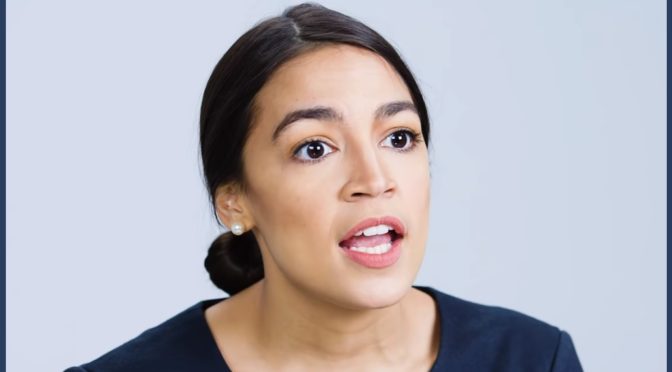Could A ‘Green New Deal’ Work, Even For Texas??
If you ask most citizens their opinion on the state of American politics today, they'll give your a variety of answers, based on their political leanings. But one thing that may be in common with all of those answers? They are not satisfied with how politics has devolved today. From the Fringe-Right to the Far-Left, … Continue Reading ››
